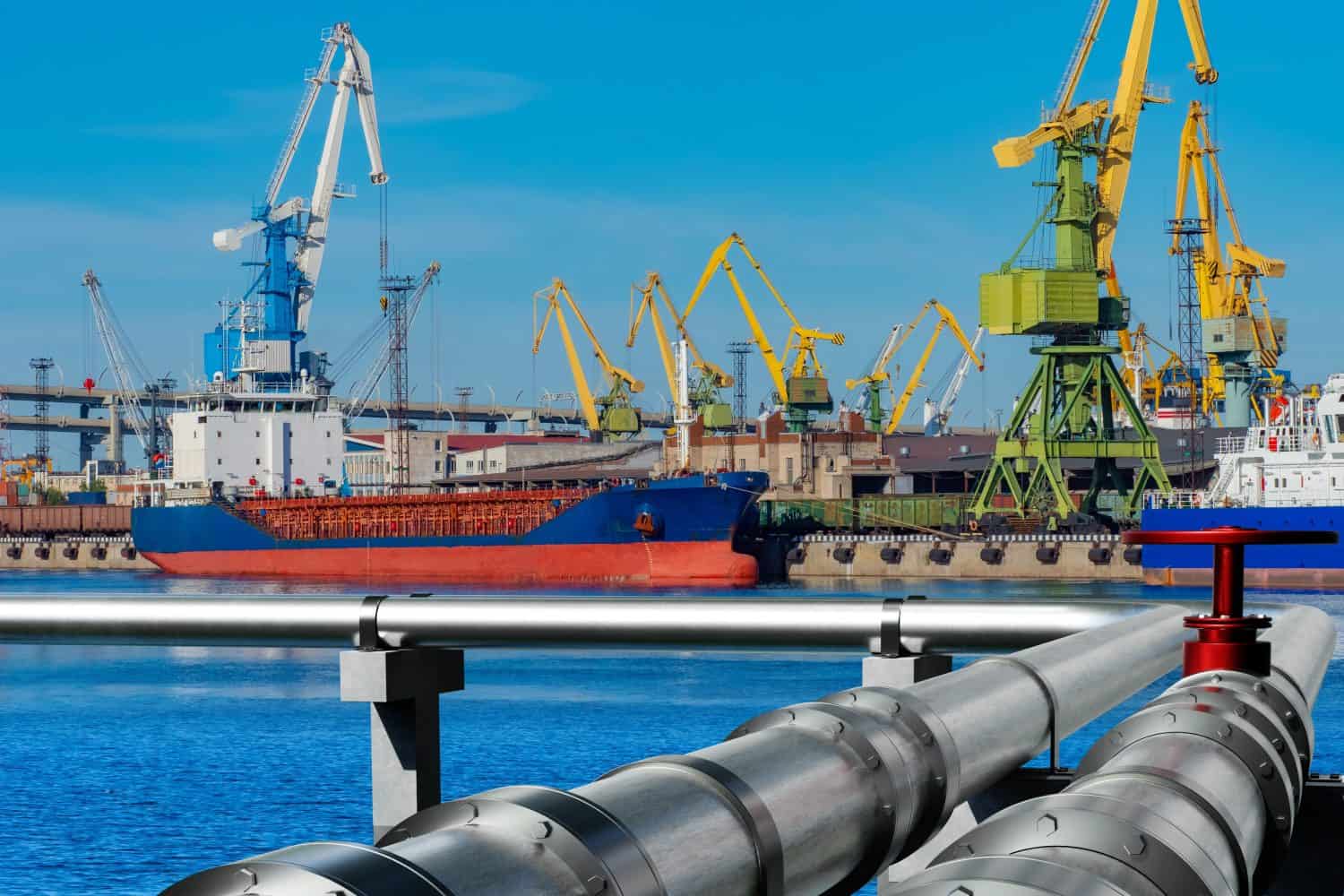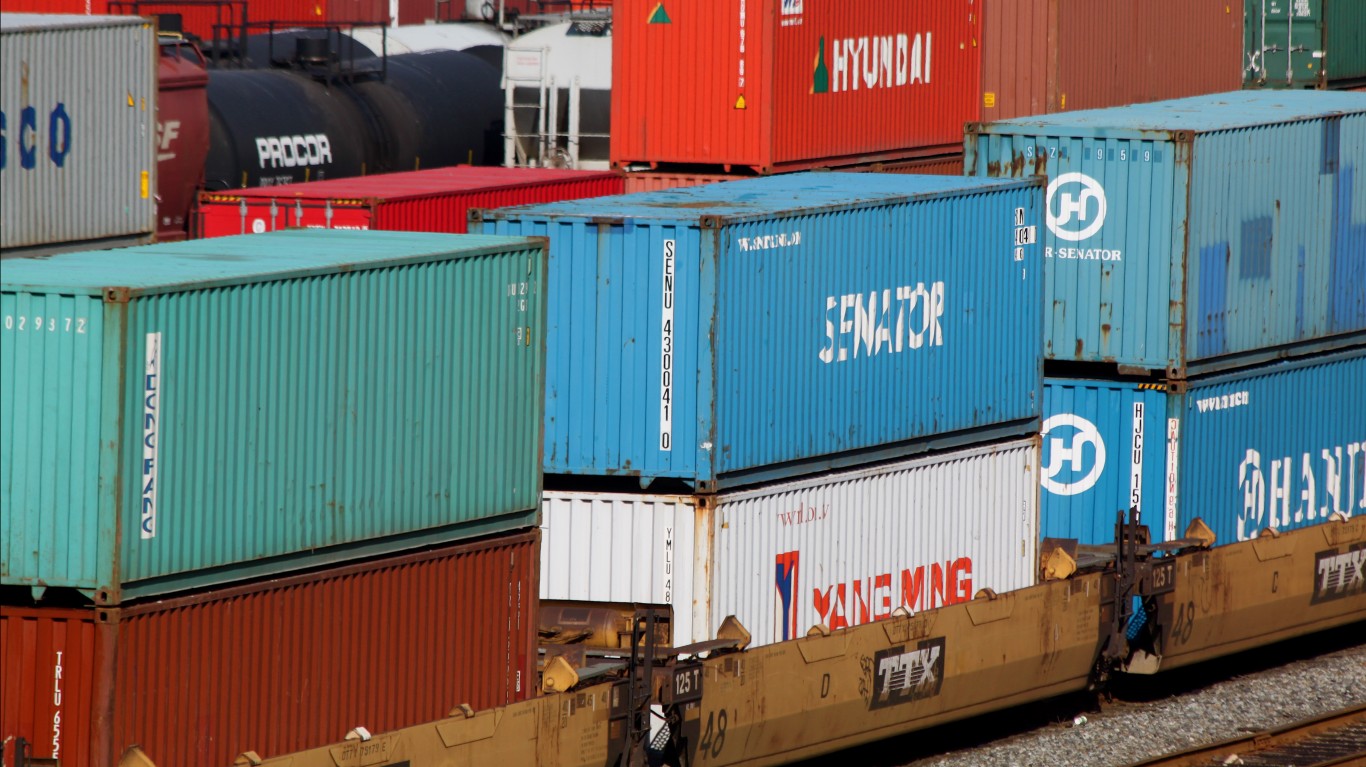
24/7 Wall St. Insights
- Oil prices and strikes could boost inflation in the coming year.
- If inflation rises, so will interest rates.
- Also: Dividend legends to hold forever.
Two things could happen that will affect inflation next year. Each could be significant. One is oil prices. The other is a strike by the International Longshoremen’s Association. The first will be affected by Middle East tensions. The second is that there will be a vote on a final agreement with workers who load and unload items at ports along the East Coast. The current agreement, which brought workers back to their jobs, is temporary.
Crude jumped by about $4 from $70 last week as the military and political state of the Middle East became more unstable. It has not gone up more because there is not an all-out war. Any escalation that slows oil production and shipments would raise the cost of gas, fuel oil, and petrochemicals. These are an important part of consumer spending in many large business sectors.
The International Longshoremen’s Association agreed to a deal that raises pay by 62%, totaling $24 an hour, during the contract’s life. However, the deal has not been voted on by the rank-and-file workers. They could turn it down and return the union’s leadership to the negotiating table. The workers would go back on strike.
There was great anxiety about the longshoreman’s strike of all the East Coast ports. It would trigger a shortage of everything from bananas to car parts. The effect on consumer and business costs would be substantial and begin within days of a strike.
Based on the consumer price index, inflation has come down to about 3%. The Federal Reserve believed this was low enough to cut rates by half a point. There was a strong hint of more cuts in the rate soon. New inflation would change that.
Three Small Cap Gems Could Be Big Beneficiaries of The Ongoing Capital Rotation
Are You Still Paying With a Debit Card?
The average American spends $17,274 on debit cards a year, and it’s a HUGE mistake. First, debit cards don’t have the same fraud protections as credit cards. Once your money is gone, it’s gone. But more importantly you can actually get something back from this spending every time you swipe.
Issuers are handing out wild bonuses right now. With some you can earn up to 5% back on every purchase. That’s like getting a 5% discount on everything you buy!
Our top pick is kind of hard to imagine. Not only does it pay up to 5% back, it also includes a $200 cash back reward in the first six months, a 0% intro APR, and…. $0 annual fee. It’s quite literally free money for any one that uses a card regularly. Click here to learn more!
Flywheel Publishing has partnered with CardRatings to provide coverage of credit card products. Flywheel Publishing and CardRatings may receive a commission from card issuers.
Thank you for reading! Have some feedback for us?
Contact the 24/7 Wall St. editorial team.



